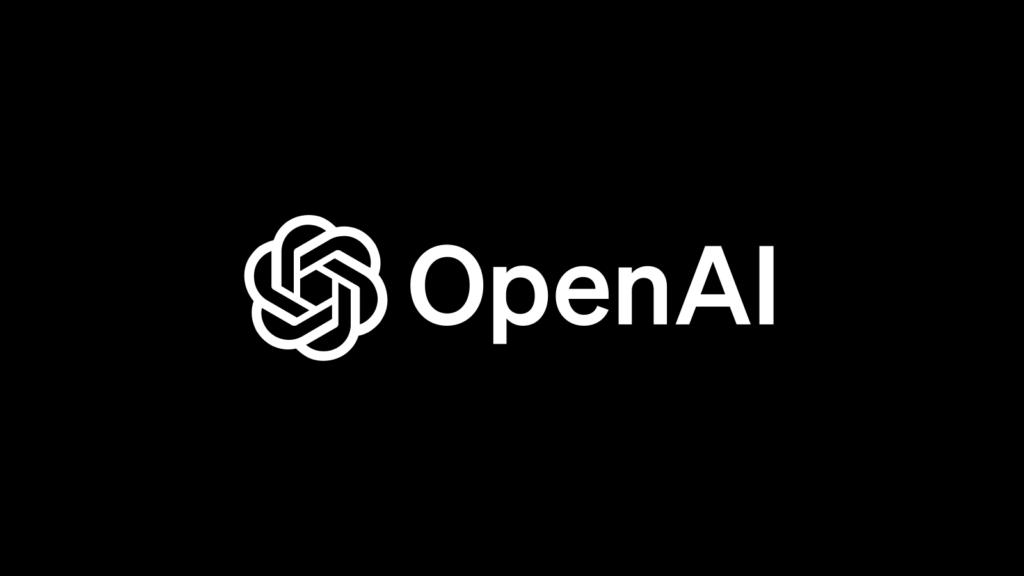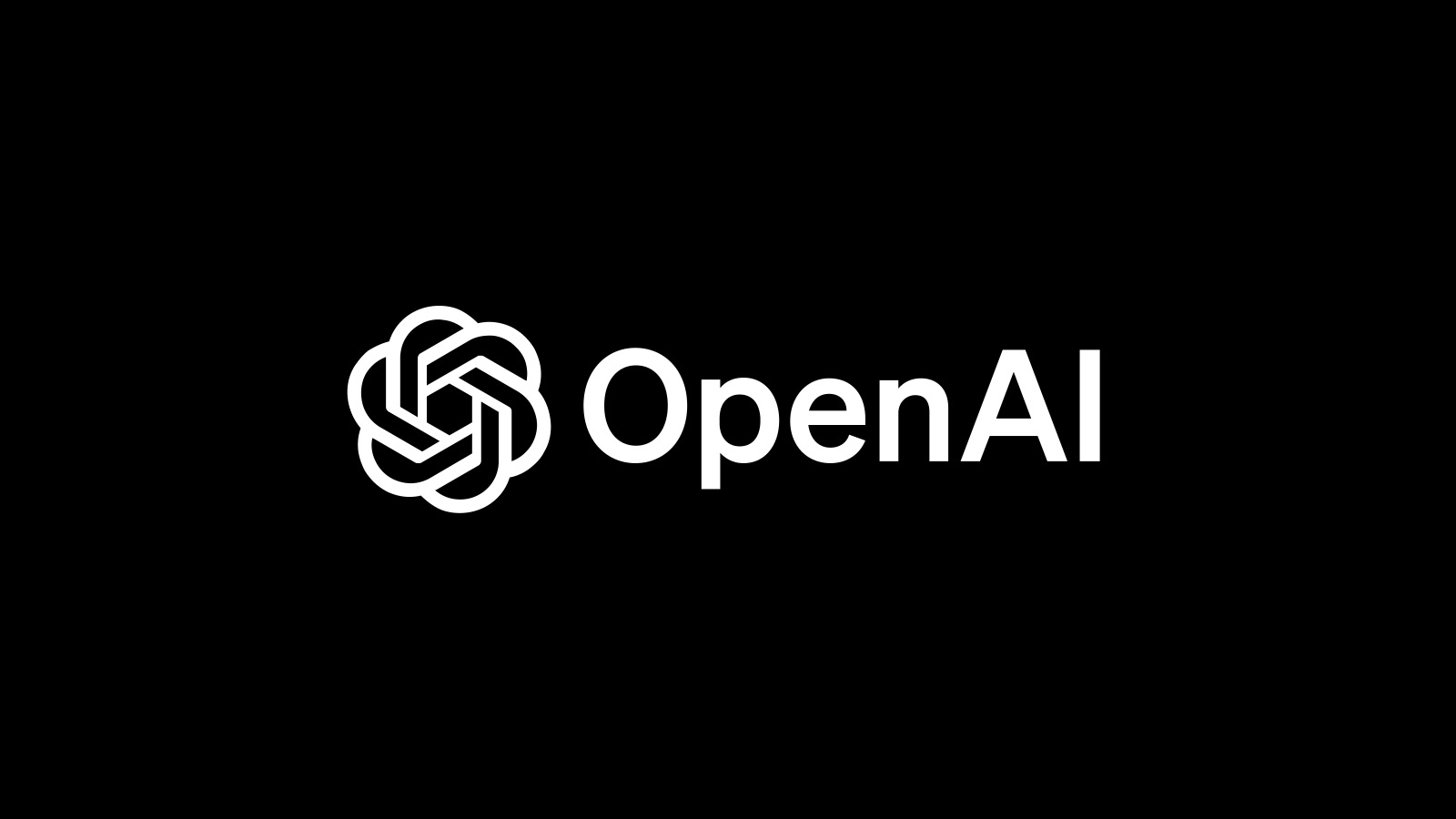
ChatGPT, an advanced language model developed by OpenAI, has significantly impacted content creators and copyrighters. Its ability to quickly generate high-quality, natural-sounding text has streamlined content creation in multiple industries.
The impact of AI on content copyrighters is most evident by the swiftness and accuracy with which it can produce text. Traditionally, these professionals had to spend hours researching and writing narratives. However, with ChatGPT, they can input a few keywords, including restrictions or preferences such as spelling or jargon. After that, within minutes, the AI system generates a coherent article that complies with their requirements.
ChatGPT’s advanced algorithms analyse the tone and style of existing content and create new text that matches the fashion, improving the consistency of blog publishing or newspaper articles.
Moreover, ChatGPT can assist in localising content by comprehending multiple languages and helping copyrighters create narratives that appeal to a global audience. This feature is convenient for companies with a worldwide presence that must create reports that resonate with different cultures and languages.
Will ChatGPT become a threat?
Critics argue that ChatGPT could threaten to reduce the demand for people delivering copyright work. Some say ChatGPT will become the leading cause of attrition in some organisations.
Although ChatGPT can automate some content creation, it cannot replace people’s creativity and critical thinking. ChatGPT still requires human supervision to ensure the content generated appropriately aligns with the company’s operating principles.
Artificial Intelligence technology can free up copyrighters’ time, permitting them to focus on higher-level tasks such as analysing their audiences or developing personas. With ChatGPT’s assistance, they can produce more content in less time, allowing them to be more productive overall.
There are ethical concerns regarding OpenAI’s impact on content creation. The quality of the data used to prepare the ChatGPT could result in content that perpetuates stereotypes. In some cases, critics say the powerful language model could spread misinformation.
Other concerns include OpenAI’s policy allowing for any information uploaded (including confidential data) to be used to improve its algorithms. However, OpenAI also provides the option to create private instances where organisations can safely upload protected information. The latter mitigates the risks of data confidentiality breaches.
ChatGPT has positively impacted content creation and copyrighters by streamlining content creation and increasing productivity. We encourage organisations to integrate such AI systems to enable staff to achieve more outcomes whilst mitigating the risks.





